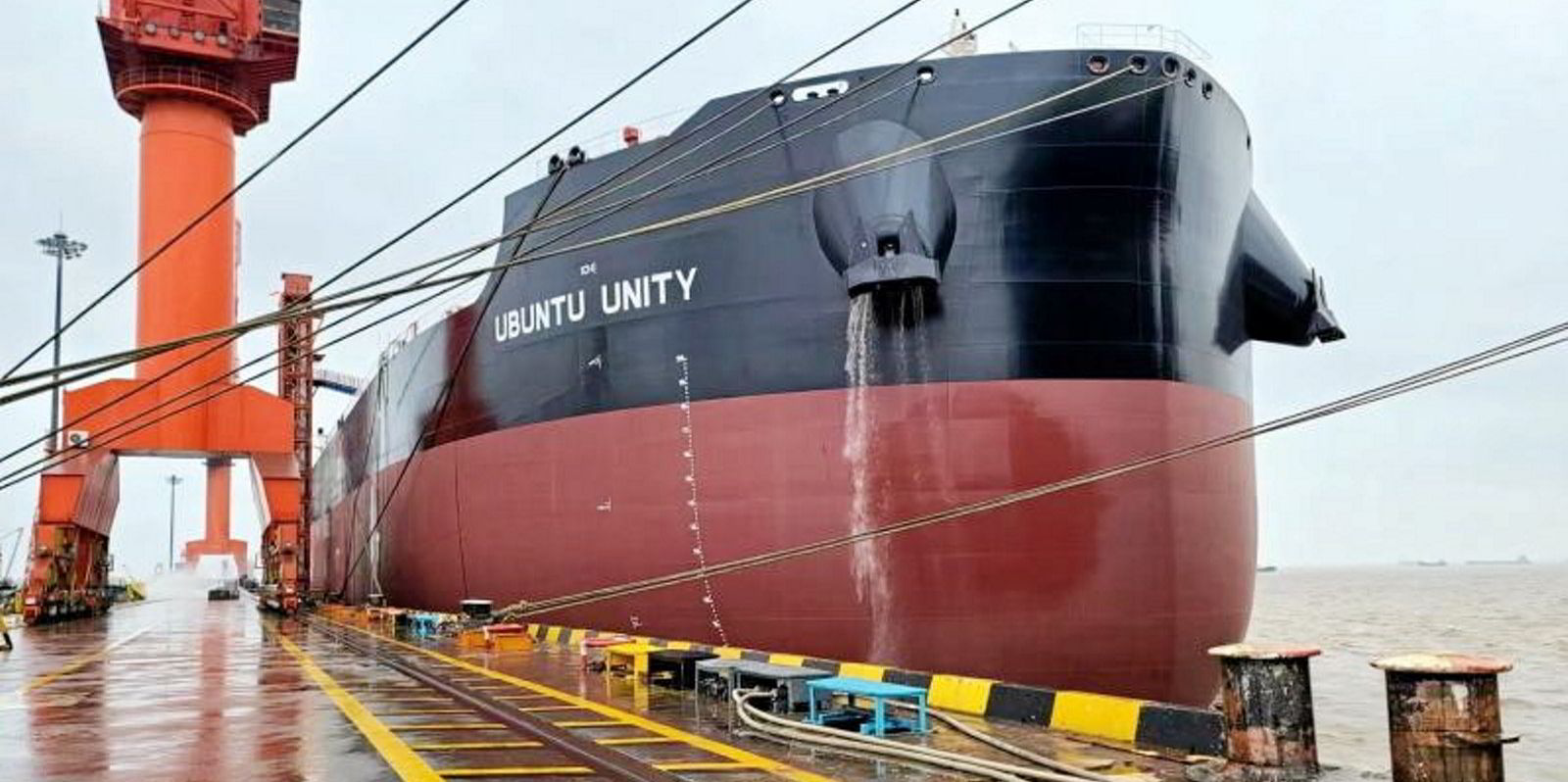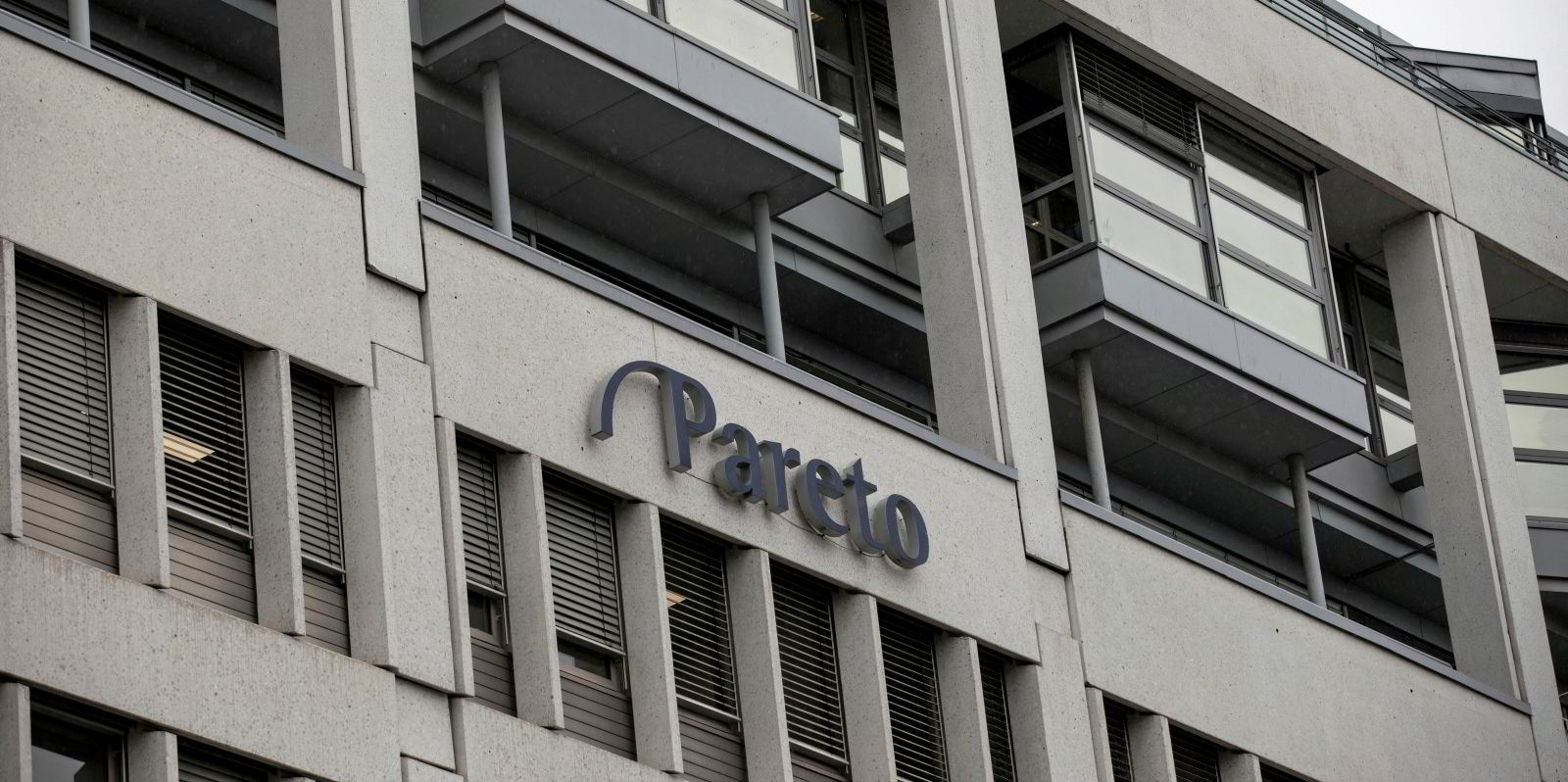Loss-making operating margins on bulkers have hit Norden’s bottom line for the first quarter.
The Danish company, which owns and operates bulkers and product tankers, said it lost $630 per vessel day on its 467-vessel operated fleet during the period.
Norden booked net profit of $62m, down from $150m a year earlier.
The Freight Services & Trading business unit, which handles Norden’s operated fleet, contributed a $27m loss to the overall result.
It said its vessel operating margins, which have averaged $1,166 per day over the past five years, were affected because bulkers suffered “higher charter costs due to a strong market”. Its tanker activities were “positive”.
This loss was offset by $89m of profit generated by the Assets & Logistics unit, which looks after Norden’s owned vessels, which was $6m more than last year. Gains from vessel sales totalled $55m.
Norden expects vessel earnings and operating margins to improve gradually throughout the rest of the year, but remain “materially lower” than in 2023.
Norden had a fleet of 31 owned and leased bulkers and tankers at the end of the first quarter, up from 15 at the same point last year.
Its operated fleet averaged 467 vessels during the first three months — 367 bulkers and 100 product tankers.
Chief executive Jan Rindbo highlighted the fact that the company has generated a 26% return on invested capital over the past 12 months.
“Our tanker activities performed well, as did our investments in assets, contributing positively to earnings and higher asset values, while as expected, we faced short-term headwinds from higher charter costs in dry cargo,” he said.
“We maintain our full-year guidance, expecting gradually higher margins in dry cargo during the year, and will return $30m to shareholders for the first quarter.”
The board proposed a dividend of DKK 2 ($0.28) per share for the quarter.
A $21m share buyback programme will run until the end of July.
Norden reiterated its expectations for a softer annual result of between $150m and $250m for this year, including $59m in gains from vessel sales already agreed.
“Given the geopolitical and macroeconomic uncertainties in general, the freight market uncertainty and volatility is expected to remain high for the rest of the year,” it said in its quarterly report.
“Particularly the situation around the Red Sea will impact the market situation and freight rates for the remainder of the year.”
Several key Norden staff departed in the first quarter — most notably Christian Vinther Christensen, head of Freight Services & Trading, who is stepping back from corporate life.
The bulk of the panamax desk also left during the quarter to join George Economou’s Classic Maritime, and a couple of supramax staff, including the head of Atlantic business, joined operator BaltNav.
The company also spent the first quarter building up its capesize fleet, ordering four newbuildings and buying two modern secondhand ships. Its owned and leased capesize fleet stands at 11 vessels.





